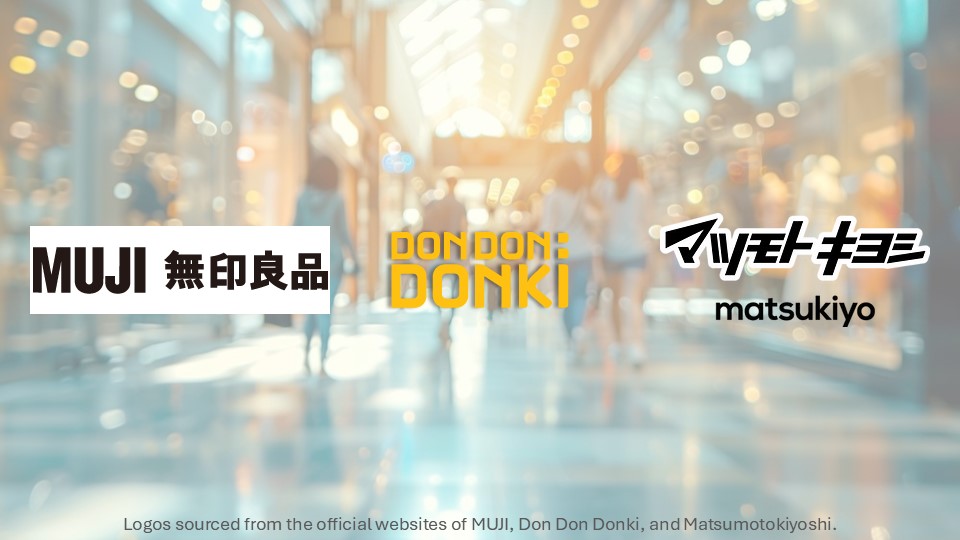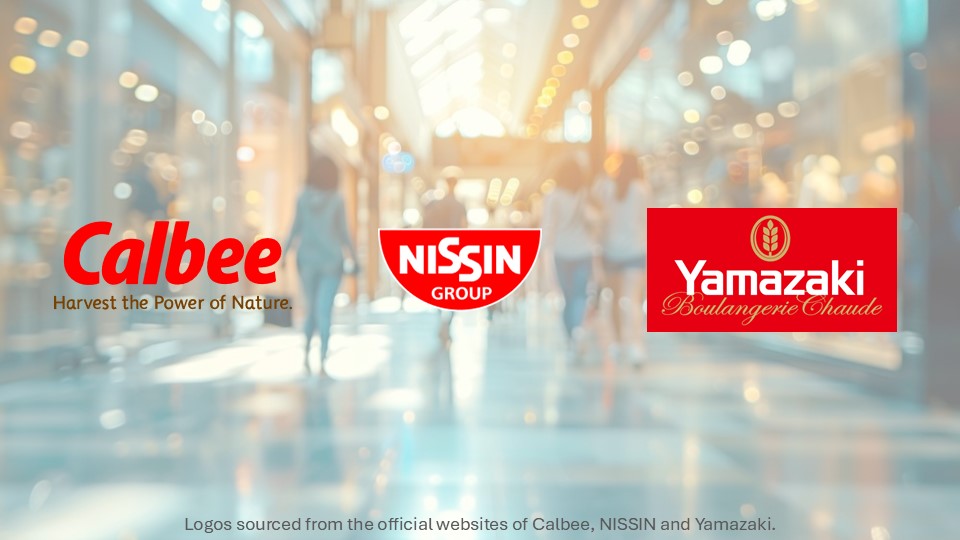In recent years, Japanese companies have been increasingly investing in Taiwan, particularly in industries such as high-tech, manufacturing, financial services, and retail. Taiwan is geographically close to Japan and shares cultural similarities, making it an attractive investment destination. However, expanding into Taiwan comes with challenges, including regulatory restrictions, market competition, and differences in business culture. This article explores the latest investment trends of Japanese companies in Taiwan and key strategies for success.
1. Investment Trends of Japanese Companies in Taiwan
- Historical Background of Japanese Investment in Taiwan
- Japanese investment in Taiwan has gone through several stages, each with different focuses. The investment trends can be categorized into three major phases:
- 1966~1977: Japanese companies primarily focused on Taiwan’s low labor costs and export-oriented manufacturing potential, using it as a production base.
- 1986~1992: As Taiwan's electronics industry rapidly developed, Japanese manufacturing companies entered the market, mainly producing electronic components and household appliances.
- 1996~2010: With the rise of high-tech industries, Japanese investment shifted towards semiconductors and precision machinery.
- Japanese investment in Taiwan has gone through several stages, each with different focuses. The investment trends can be categorized into three major phases:
- Recent Investment Trends: Japanese Companies Expanding in Taiwan
- In recent years, Japanese companies have been expanding their investments in Taiwan, particularly in consumer goods and TSMC’s supply chain. With strong consumer trust in Japanese brands and Taiwan's crucial role in the global semiconductor industry, Japanese enterprises have been strengthening their presence through store expansions, supply chain optimization, and technological partnerships.
Expansion of Japanese Retail Brands
Japanese brands have aggressively expanded their retail channels in Taiwan to meet the growing demand for Japanese products. MUJI, which entered the Taiwanese market in 2004, has expanded to over 50 stores by 2024, opening its largest flagship store in Kaohsiung’s Taroko Park in November 2023. Similarly, discount retail giant Don Don Donki officially entered Taiwan in 2021, attracting significant consumer interest with its 24-hour operations and unique shopping experience. As of 2024, it operates multiple stores in Taipei, Taichung, and Kaohsiung, making it a key player in the Japanese retail sector in Taiwan. Additionally, Matsumoto Kiyoshi, Japan’s leading drugstore chain, has been expanding since entering Taiwan in 2018. By March 2025, it had established 24 stores and continues to grow its market presence through membership programs and localized product selections.


Investments in Japan’s Food & Supermarket Sector
Beyond retail, Japanese food brands and supermarkets are strengthening their presence in Taiwan by increasing imports and optimizing local supply chains. Leading brands such as Calbee, NISSIN, and Yamazaki have expanded their reach through e-commerce platforms and supermarket chains, making Japanese food more accessible to Taiwanese consumers. Meanwhile, Japanese supermarket chain LOPIA entered Taiwan in January 2023 and rapidly expanded, operating multiple stores by 2024 and opened a new store at Taipei’s LaLaport in March 2025. LOPIA’s strategy of providing affordable, high-quality fresh produce and Japanese-imported goods has strengthened its foothold in Taiwan’s supermarket sector.
Beyond the consumer market, Japanese companies have been expanding their investment in Taiwan's semiconductor supply chain, focusing on manufacturing equipment, testing, and material supply, further strengthening their collaboration with TSMC.
Investment in Semiconductor Manufacturing Equipment
As one of the world's leading semiconductor equipment manufacturers, Tokyo Electron (TEL) has been actively expanding its investment in Taiwan in recent years, offering a wide range of products. Meanwhile, DISCO specializes in semiconductor dicing and grinding technology, continuously innovating to enhance the precision of wafer manufacturing. Ebara Precision Taiwan (Ebara), which focuses on gas processing and vacuum pump technology for semiconductor manufacturing, announced an investment of approximately NT$1.8 billion in 2024 to build a second factory in the Southern Taiwan Science Park (Phase 3). This expansion aims to support increasing production capacity.
Investment in Semiconductor Material Supply Chain
In the semiconductor materials supply chain, Japanese companies are also intensifying their research and production capabilities. Shin-Etsu Chemical, one of the world's largest silicon wafer suppliers, built a new plant in Yunlin County, central Taiwan, which began operations in 2021. This plant focuses on the production of quartz glass, a crucial material in semiconductor manufacturing. Additionally, Shin-Etsu Chemical has partnered with Taiwan's Topco Scientific to establish a joint venture, Topco Quartz, further strengthening its presence in the semiconductor market.
2. Challenges Faced by Japanese Companies in Taiwan
- Regulatory and Market Entry Barriers
- Japanese companies entering Taiwan must comply with local foreign investment regulations and approval processes. For example, certain industries still have foreign ownership restrictions, and specific licenses are required for operation. Therefore, thorough market research and collaboration with local experts are essential before investing.
- Differences in Business Culture and Management Styles
- Japanese companies typically have a hierarchical corporate structure with longer decision-making processes and a focus on meticulous management. In contrast, Taiwanese companies tend to be more flexible and make quicker decisions. These cultural differences may present management challenges.
- Solutions:
- Establish hybrid Japanese-Taiwanese management teams to integrate both corporate cultures and enhance adaptability.
- Adopt more flexible decision-making processes to align with the fast-paced Taiwanese market.
- Market Competition and Branding Strategies
- Taiwan’s market is highly competitive, with well-established local brands. Japanese companies entering Taiwan must have a clear brand positioning and competitive advantage.
- Key Strategies for Success:
- Localization of products and services: Adjust offerings to meet Taiwanese consumer preferences.
- Strengthen brand differentiation: Emphasize Japanese quality and innovation to establish a distinct market presence.
3. Key Strategies for Success in the Taiwanese Market
- Partnering with Local Companies
- Many successful Japanese companies in Taiwan form strategic partnerships with local firms to lower entry barriers and accelerate market expansion.
- Utilizing Digital Marketing
- Taiwanese consumers rely heavily on social media platforms such as Facebook, Instagram, and LINE. Japanese companies can leverage digital advertising, social media campaigns, and influencer marketing to enhance brand visibility.
4. Future Outlook
Japanese investment in Taiwan is expected to continue growing in the coming years. However, long-term success requires a deep understanding of the local market and the implementation of effective business strategies.
- Three Key Success Factors:
- Conduct thorough market research and collaborate with local experts to ensure compliance and mitigate investment risks.
- Adapt business strategies to fit Taiwanese culture and consumer behavior, enhancing localization efforts.
- Leverage digital marketing and branding to increase market recognition and competitiveness.
